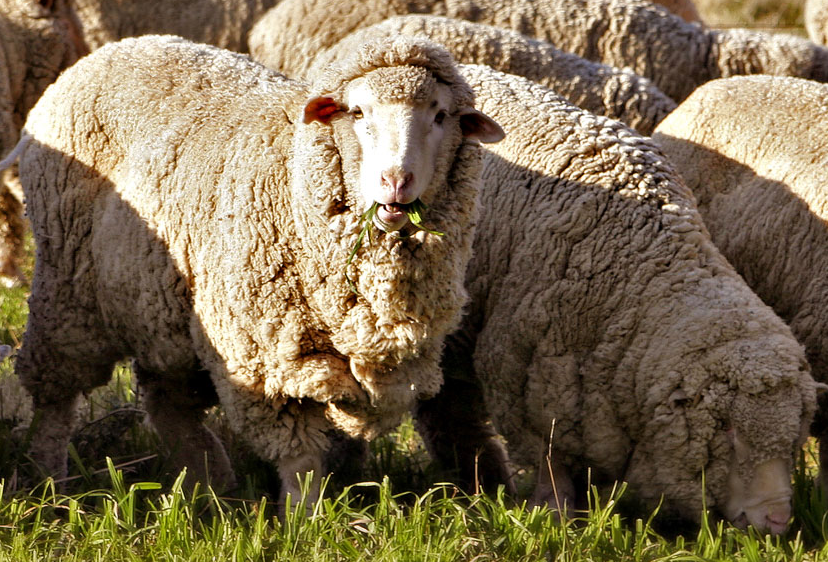This is the fifth installment of my longstanding series Jane Eyre Vocabulary & Quotes. So without further ado, let us begin!
halcyon: Of or relating to the halcyon (a bird identified with the kingfisher and held in ancient legend to nest at sea about the time of the winter solstice and to calm the waves during incubation) or its nesting period. Calm, peaceful, happy, golden.
I remember the halcyon days of my youth, when life was replete with love and romance.
appanage: A grant (as of land or revenue) made by a sovereign or a legislative body to a dependent member of the royal family or a principal vassal. A rightful endowment or adjunct.
The dilapidated tree-house was my sole appanage.
fillip: A blow or gesture made by the sudden forcible straightening of a finger curled up against the thumb. To strike or tap with a fillip.
Charley filliped his younger sister, Mary, which caused her to cry out and beseech her parents for redress.
lachrymose: Tending to cause tears. Tending to cry often.
Of late, Daniel was lachrymose, perhaps because of the sudden and unforeseen demise of his pet gerbil, Ivan.
incubus: An evil spirit that lies on persons in their sleep, especially one that has sexual intercourse with women while they are sleeping. One that oppresses or burdens like a nightmare.
Elizabeth accused Bartholomew of being an incubus, which caused him to smile wryly and lick his lips.
Well, that’s all for now. Feel free to comment on this post with your own sentences from the words above. I’ll leave you with a quote from Jane Eyre:
“… Do you never laugh, Miss Eyre? Don’t trouble yourself to answer—I see, you laugh rarely; but you can laugh very merrily: believe me, you are not naturally austere, any more than I am naturally vicious. The Lowood constraint still clings to you somewhat; controlling your features, muffling your voice, and restricting your limbs; and you fear in the presence of a man and a brother—or father, or master, or what you will—to smile too gaily, speak too freely, or move too quickly: but, in time, I think you will learn to be natural with me, as I find it impossible to be conventional with you; and then your looks and movements will have more vivacity and variety than they dare offer now.”






